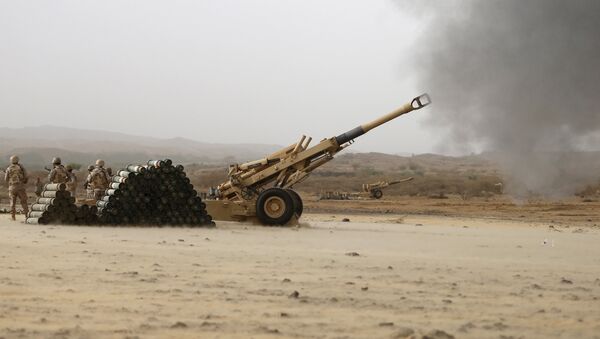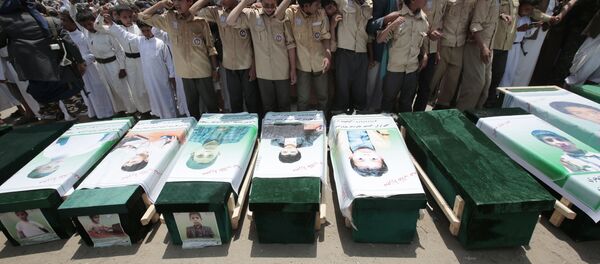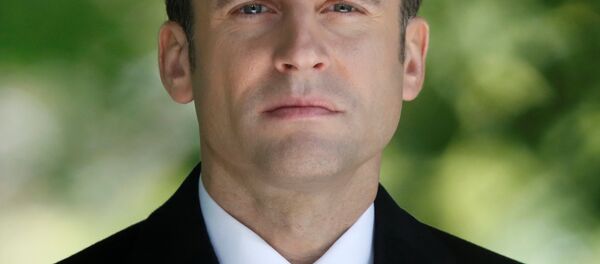Speaking at the United States Institute of Peace on Tuesday, Mattis told eventgoers that all sides involved in the Yemen war need to take meaningful steps toward a ceasefire and meet at the negotiation table within a month's time.
"We have to move toward a peace effort here, and we can't say we are going to do it some time in the future," Mattis said. "We need to be doing this in the next 30 days."
"This has got to end, we have to replace combat with compromise… it's time to stop this," he added.
Mattis' calls were mirrored by US Secretary of State Mike Pompeo, who said in a Tuesday statement that all hostilities between all warring parties in Yemen needed to come to an end. Potential peace talks would be led by UN Special Envoy Martin Griffiths.
Porter told Radio Sputnik's Loud & Clear on Wednesday that the US' deteriorating support for Saudi Arabia's assault on Yemen is a clear sign that the winds of change are blowing into town.
"The political support in the US political elite has pretty much collapsed for the bin Salman regime, [Saudi Crown Prince] Mohammed bin Salman, and the hardline US support for the Saudi position in Yemen, specifically," Porter told hosts Brian Becker and John Kiriakou.
"The key thing is that within [US] Congress, there is far more readiness now to basically call a halt to US support for the Saudis in Yemen and to insist that the US end its active involvement in the Saudi coalition war in Yemen and, of course, the continued effort… to prevent humanitarian goods from flowing into Yemen, which is even more devastating than the population bombing by the Saudi coalition."
In April of 2017, Porter wrote an article for Truthout, titled, "The US Provided Cover for the Saudi Starvation Strategy in Yemen." In it, the investigative journalist discusses how the Obama administration offered its support to Saudi Arabia in Yemen, despite knowing that the Saudi Kingdom was preventing humanitarian aid from being dispersed to the Yemeni people.
"This is really crucial to understand, because I think it's generally not understood just how strongly the Obama administration supported the Saudi military effort in Yemen," Porter told Becker. "What was less understood was that they were isolating the populations of Yemen from international shipments of goods that weren't just vital in dealing with humanitarian problems because of the war, but basically to keep that economy running."
"Yemen depends on international trade in food for 90 percent of its economy. And what the Saudis were doing quite consciously was preventing Yemen from getting the food necessary to support its population, and the United States knew that perfectly well, but they provided the kind of diplomatic cover… that was really necessary for the Saudis to get away with," he continued.
When asked who would be the winning party should the ceasefire take place, Porter noted that it's somewhat unclear, considering past negotiations ultimately stalled.
"I think what the Saudis don't want to have happen is that the Houthis will remain in place in the places where they have been successful militarily, and so a ceasefire in place will mean that there is this political compromise that the Saudis have sought to avoid," the historian said.
Amid the US' calls for a ceasefire, the Saudi-led coalition massed thousands of troops near the Yemeni port city of Hodeidah, AFP reported Tuesday, citing Yemeni government officials. The deployment was done ahead of an offensive the coalition is reportedly expecting to launch on the rebel-held city "within days."




